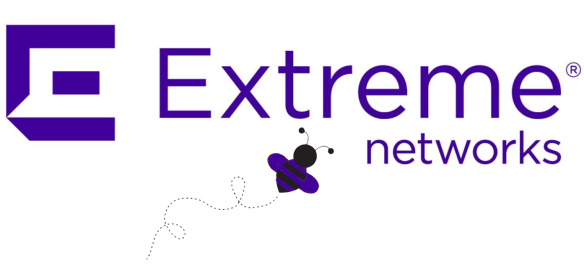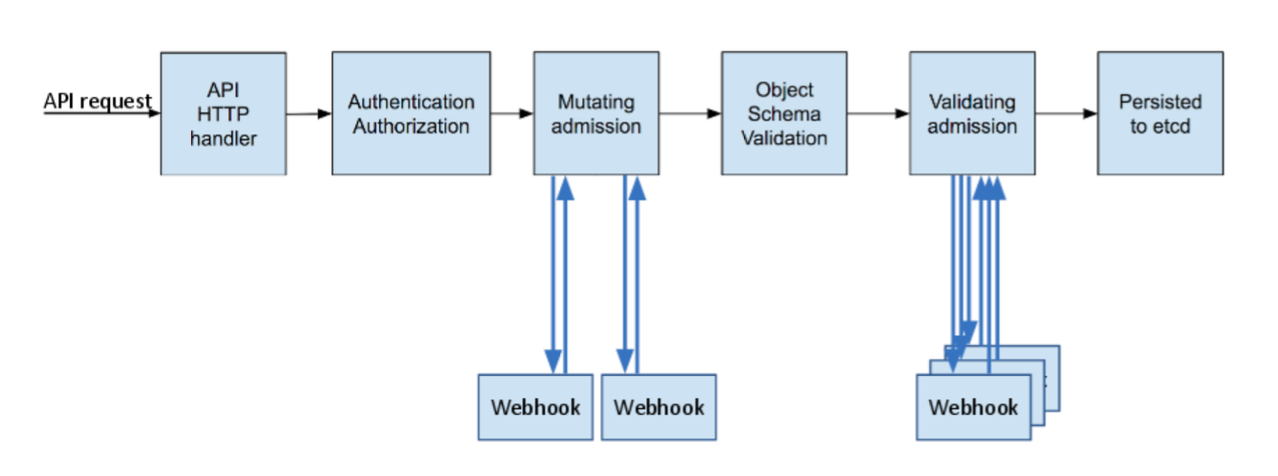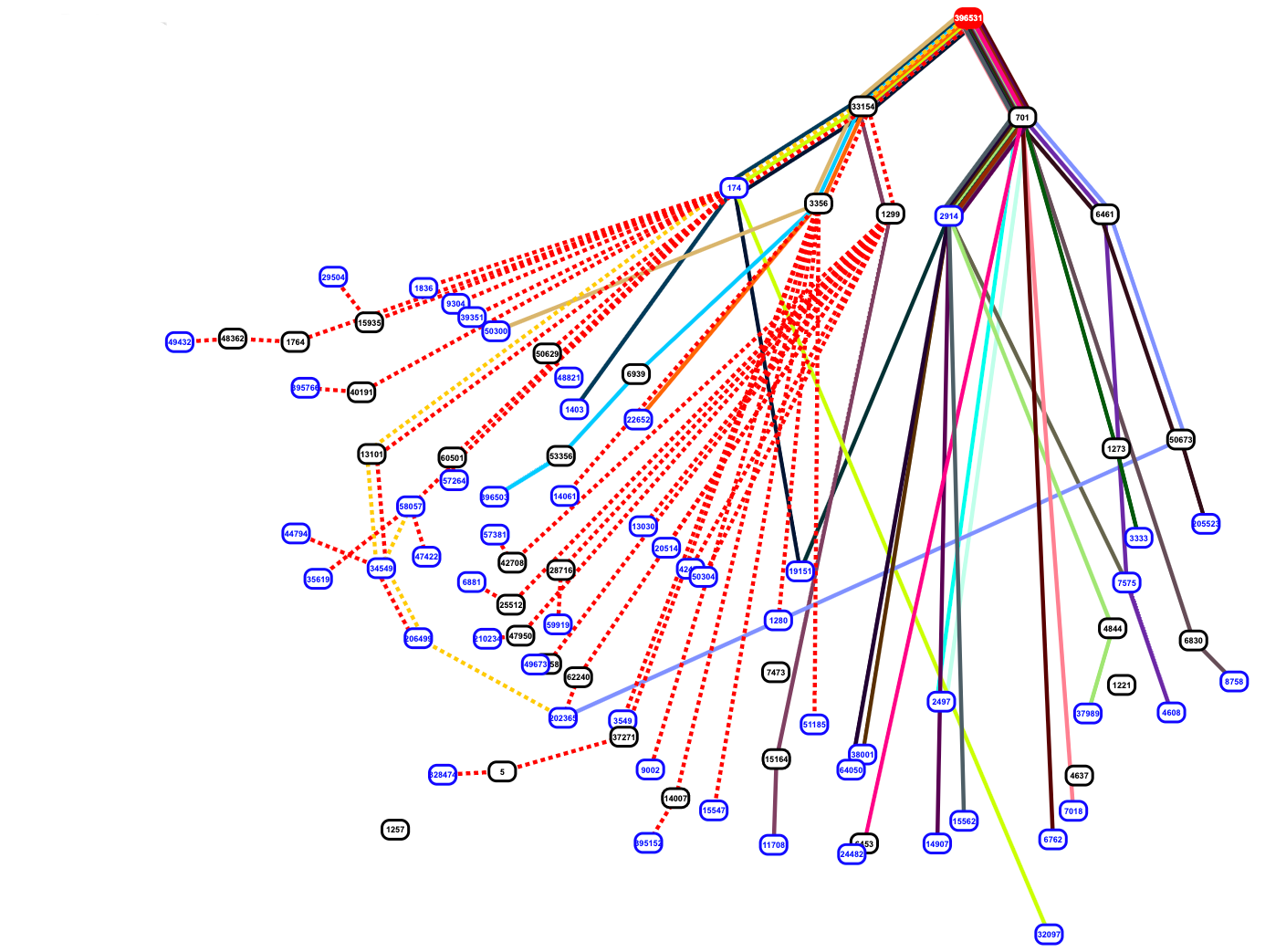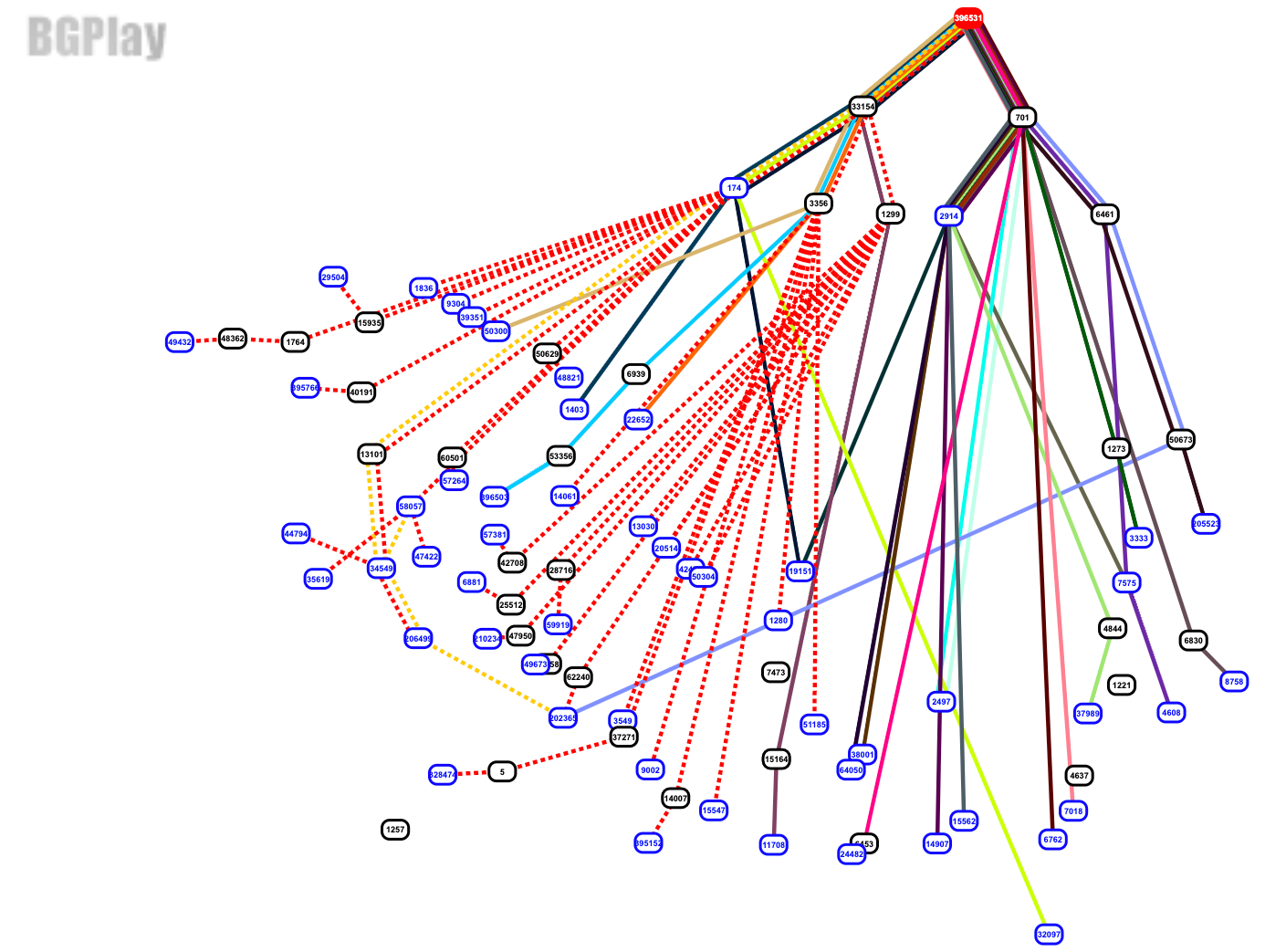0

I must admit that I was wrong. After almost six years, I was mistake about who would end up buying Aerohive. You may recall back in 2013 I made a prediction that Aerohive would end up being bought by Dell. I recall it frequently because quite a few people still point out that post and wonder what if it’s happened yet.
Alas, June 26, 2019 is the date when I was finally proven wrong when Extreme Networks announced plans to purchase Aerohive for $4.45/share, which equates to around $272 million paid, which will be adjust for some cash on hand. Aerohive is the latest addition to the Extreme portfolio, which now includes pieces of Brocade, Avaya, Enterasys, and Motorola/Zebra.
Why did Extreme buy Aerohive? I know that several people in the industry told me they called this months ago, but that doesn’t explain the reasoning behind spending almost $300 million right before the end of the fiscal year. What was the draw that have Extreme buzzing about this particular company?
Flying Through The Clouds
The most apparent answer is HiveManager. Why? Because it’s really the only thing unique to Aerohive that Extreme really didn’t have already. Aerohive’s APs Continue reading






